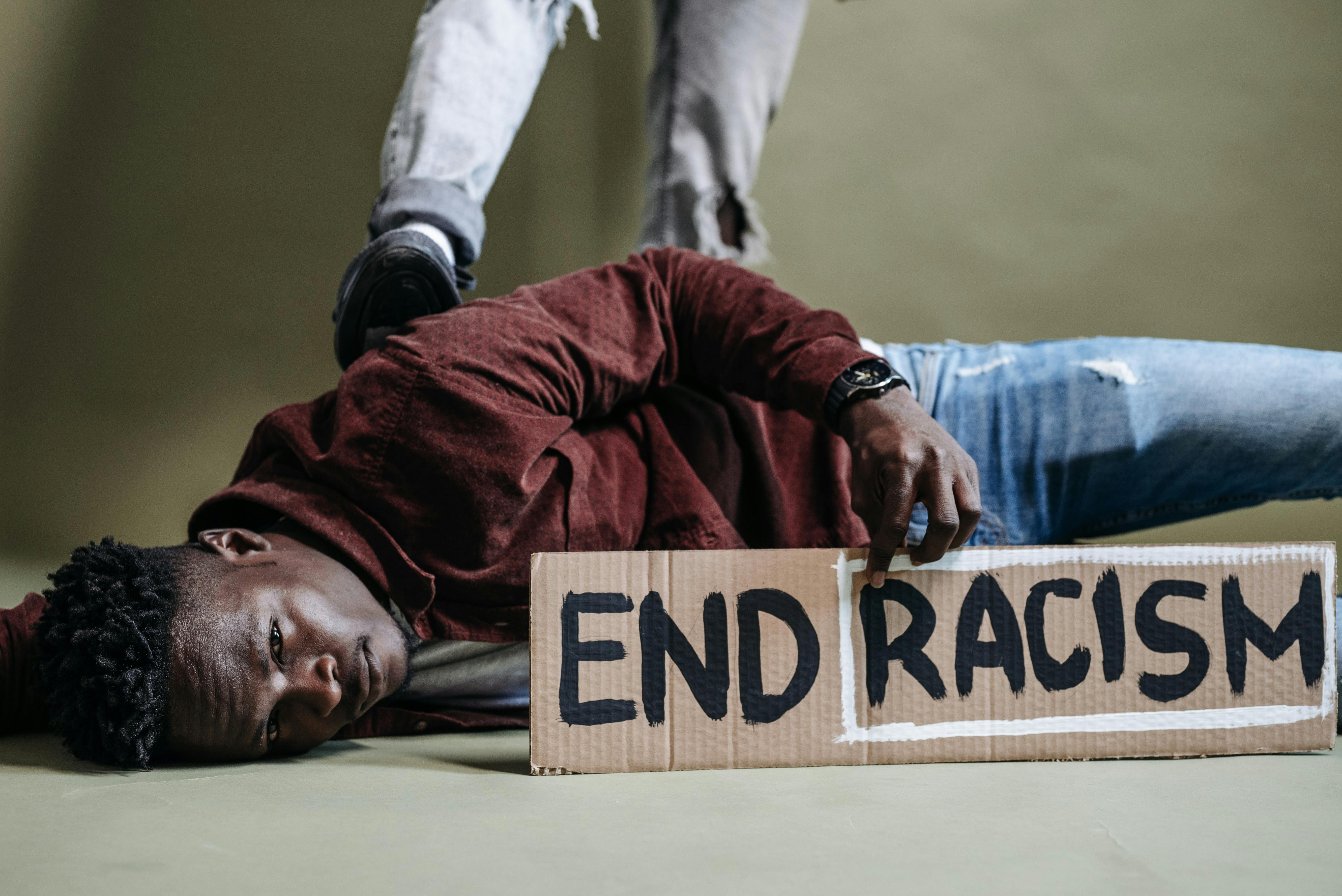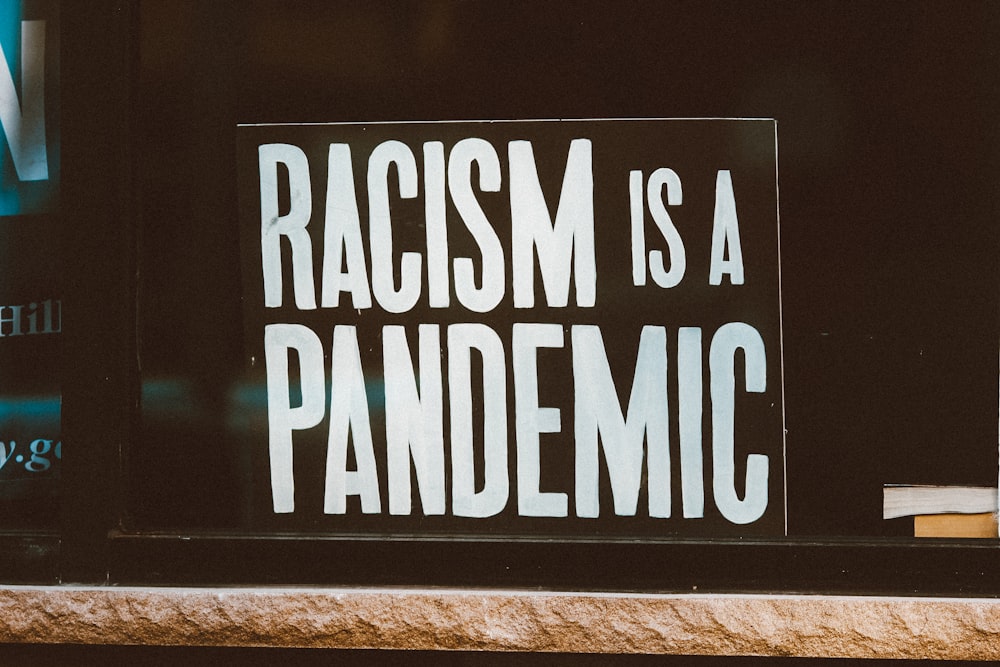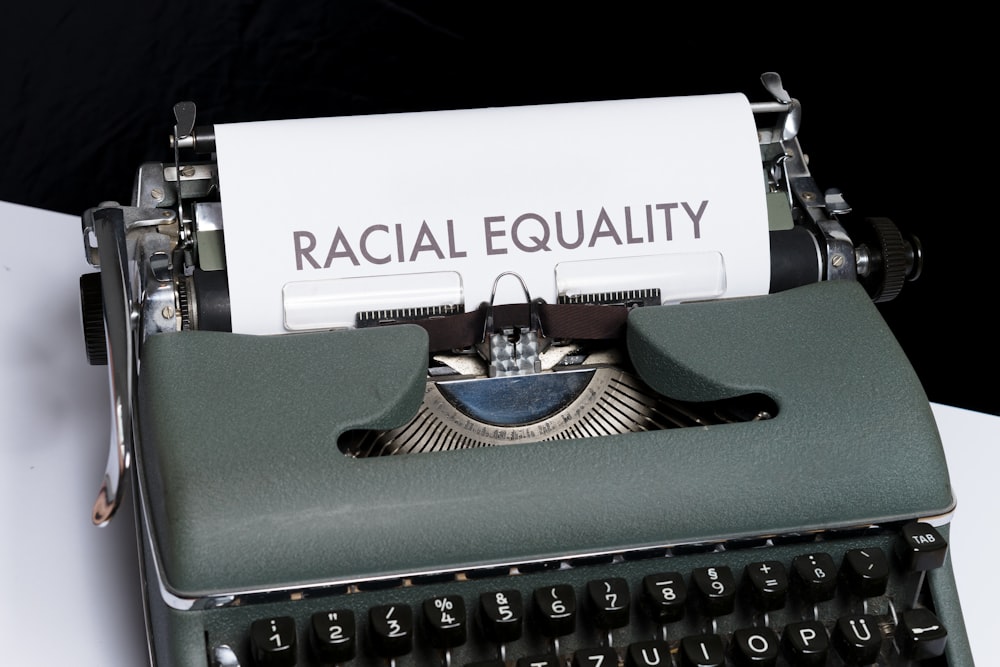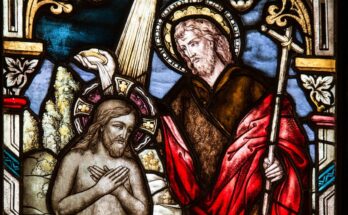Racial differences in Christianity
Christianity, with its rich tapestry of beliefs, traditions, and followers, is a global faith that transcends geographical and cultural boundaries. However, within the vast umbrella of Christianity, the experience of believers varies significantly due to racial and ethnic differences. This article delves into the nuanced relationship between racial identity and Christianity, examining historical perspectives, theological considerations, and the contemporary challenges and opportunities presented by racial differences within Christian communities.
Historical Perspectives on Racial Differences in Christianity
Image Credits: Unsplash.com
The historical journey of Christianity is intertwined with the broader human narrative, marked by migrations, conquests, and cultural exchanges. From its roots in the Middle East, Christianity spread across continents, adapting to diverse cultures and assimilating various traditions along the way. The historical experiences of different racial and ethnic groups within Christianity have been shaped by colonization, missionary activities, and encounters with indigenous belief systems.
During the era of European colonialism, Christianity often served as both a tool of cultural domination and a means of resistance for indigenous peoples. The impact of this historical legacy is evident in the racial dynamics within Christian communities, particularly in regions where colonial powers established a religious and cultural hegemony.
Theological Considerations: Unity Amidst Diversity
Christian theology provides a framework that seeks to transcend racial and ethnic differences, emphasizing the unity of believers through a shared faith in Jesus Christ. The Apostle Paul, in his letter to the Galatians, famously proclaimed, “There is neither Jew nor Greek, there is neither slave nor free, there is no male and female, for you are all one in Christ Jesus” (Galatians 3:28, ESV). This theological foundation underscores the equality of all believers in the eyes of God, irrespective of racial or ethnic distinctions.
However, the lived experiences of racial and ethnic groups within Christianity have not always mirrored this theological ideal. Historical practices such as segregation in American churches or the racialization of Christianity in various regions have challenged the aspiration of a unified, color-blind faith.
The Role of Cultural Expressions in Worship: Racial Differences
Image Credits: Unsplash.com
Christian worship, as a deeply personal and communal experience, is often influenced by cultural expressions. Racial and ethnic differences manifest in the diverse ways Christian communities around the world engage in worship, music, art, and rituals. The incorporation of cultural elements in religious practices is a source of strength,. It allows believers to express their faith in ways that resonate with their unique identities.
However, this diversity can also pose challenges. The tension between traditional Western forms of worship and the desire of non-Western communities to infuse their cultural expressions into religious practices highlights the need for a more inclusive and adaptable approach within Christian congregations.
Contemporary Challenges and Opportunities
In the contemporary era, racial differences within Christianity present both challenges and opportunities. Issues such as racial injustice, discrimination, and inequality persist in various parts of the world, affecting Christian communities as well. Churches, as social institutions, are not immune to the broader societal struggles related to race.
The Black Lives Matter movement has prompted discussions within Christian circles about the role of the church in addressing systemic racism. Some Christian leaders and organizations have actively engaged in advocacy for racial justice. They draw inspiration from the teachings of Christ on love, equality, and justice.
Conversely, challenges arise when racial and ethnic differences are not adequately acknowledged or addressed within Christian communities. Instances of unintentional exclusion, cultural insensitivity, or the perpetuation of racial stereotypes can hinder the unity that Christian theology espouses.
Building Bridges: Interracial and Multicultural Congregations
Image Credits: Unsplash.com
An emerging trend within Christianity is the rise of interracial and multicultural congregations. These communities intentionally seek to transcend racial and ethnic boundaries, fostering a sense of unity in diversity. Such congregations aim to create a space where believers from various racial backgrounds can worship together. And share their cultural traditions, and engage in dialogue that bridges divides.
While interracial and multicultural congregations represent a positive step toward fostering unity, they also face challenges. Negotiating cultural differences, addressing historical grievances, and ensuring equitable representation in leadership are ongoing processes that require intentional effort and sensitivity.
The Role of Christian Leadership and Racial Differences
Leadership within Christian communities plays a pivotal role in shaping the response to racial differences. Clergy, theologians, and influential figures within Christian circles have the responsibility to address issues of racial justice. And to challenge discriminatory practices, and promote inclusivity.
Leadership that reflects the racial diversity within congregations. It is essential in providing representation and fostering a sense of belonging for all believers. Christian leaders can actively engage with issues of racial injustice. By drawing on biblical principles to advocate for equality and justice in both the church and society at large.
Embracing Unity in Diversity

Image via Pexels.com
Christianity, as a global faith, encompasses a rich tapestry of racial and ethnic identities. The theological foundation emphasizes the equality of all believers. The lived experiences within Christian communities reveal the complexities of navigating racial differences. Historical legacies, cultural expressions in worship, contemporary challenges, and opportunities for unity all shape the landscape of Christianity’s engagement with racial diversity.
The ongoing dialogue within Christian circles about racial justice, equality, and inclusivity demonstrates a commitment to addressing the challenges posed by racial differences. The rise of interracial and multicultural congregations signifies a positive trend toward fostering unity in diversity.
Christianity continues to evolve in the 21st century. Its believers are called to actively engage with the complexities of racial differences. They recognize the inherent dignity of every individual created in the image of God. By embracing unity amidst diversity, Christians can contribute to a more inclusive and equitable expression of their faith. It reflects the universal message of love, compassion, and justice at the heart of Christianity as a whole.







